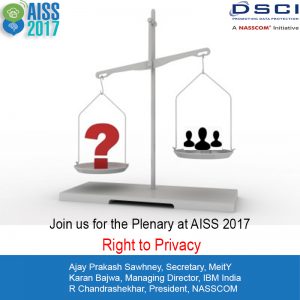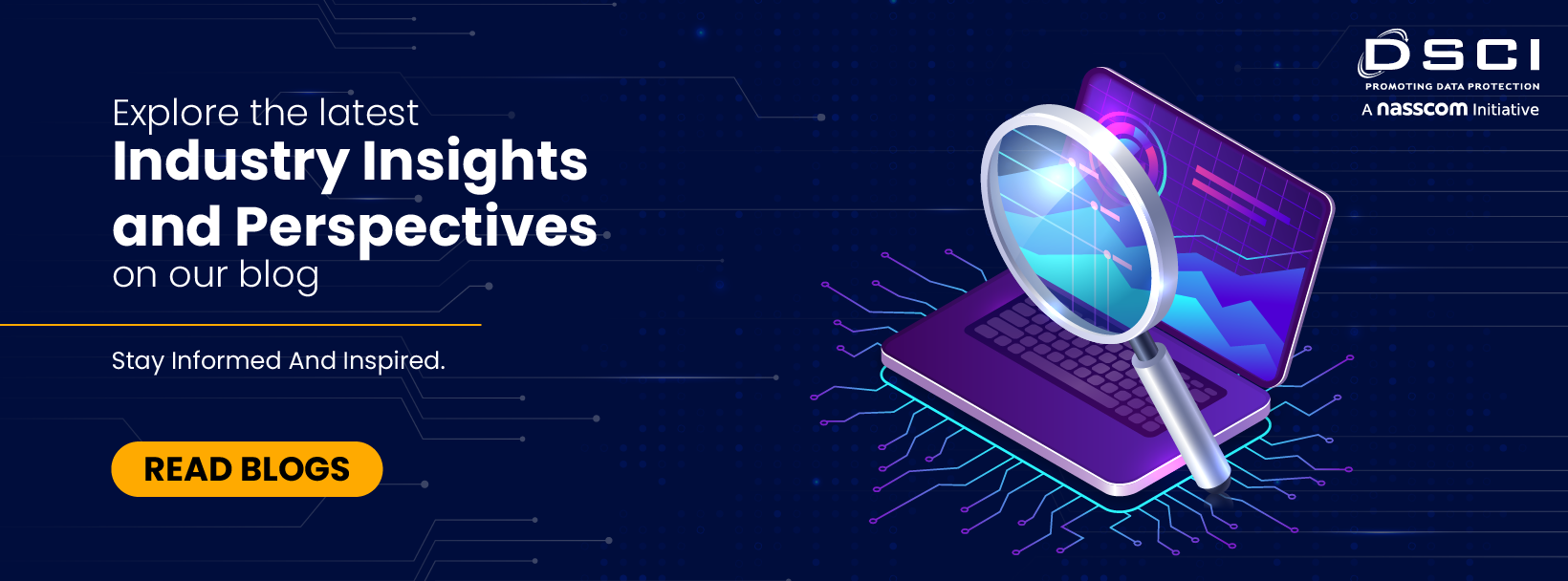… What it means for a nation and businesses?
The digital revolution has had a profound economic and social impact on the world at large. Transforming international trade, traditional business models and the very fabric of human interactions.
Rapid emergence of disruptive technologies & digitization of services & transactions is exercising great influence on the functioning of the society. The Government of India has taken a leap of endeavor to leverage transformative potential of digitization with establishment of Digital India Initiative. Envisaging delivery of e-Governance, citizen services and to foster an environment of digital literacy and awareness.
This digital revolution has opened doors to developing nations, small companies, start-ups, MNCs alike. Providing opportunities to build internet enabled businesses and enterprises.
India is fast emerging as a global leader in digital adoption. By 2020, India is estimated to reach 730 million internet users. 75% of the new internet users are expected to come from rural area and would have the ability access to consumer connect in their local language. While the benefits of such endeavor are conspicuous & undeniable, there are several formidable concerns as regards to safety, security, privacy and trust of stakeholders especially the citizens who are the consumers of these services.

In the recent landmark judgement, Justice K.S.Puttaswamy v. Union of India & Ors., the Honorable Supreme Court of India recognized ‘Right to Privacy’ as a Fundamental Right guaranteed under Part-III of the Constitution and Information privacy as a facet of Right to Privacy.
Before this landmark decision, the debate around ‘Right to Privacy’ as a constitutional and common law right has come up on many occasions before the Honorable Supreme Court since the 1960s; with the court recognizing its existence under various circumstances such as state surveillance, search and seizure, sexual identities, phone tapping, etc.
But express recognition of the ‘Right to Privacy’ as a fundamental right was brought into question in Justice K.S. Puttaswamy v. Union of India & Ors. with the respondents depending on the majority decisions in M.P. Sharma & Others v. Satish Chandra & Others and Kharak Singh v. State of U.P. & Others, decided by a 8-Judge and 6-Judge Constitutional bench respectively. Right to Privacy was not recognized as a Fundamental Right in both these instances.
Both decisions being reached by a bigger bench than the judgements that recognized the existence of the right, hence the need was felt to constitute a 9-judge constitutional bench consisting of Former CJI Khehar, Justice J. Chelamsewar, Justice S.A. Bobde, Justice R.K. Agrawal, Justice Rohinton Fali Nariman, Justice Abhay Manohar Sapre, Justice DY Chandrachud, Justice Sanjay Kishan Kaul and Justice S. Abdul Nazeer to authoritatively decide the matter.
All nine judges of the constitutional bench unanimously held that Right to Privacy is a fundamental right, expressly overruling the position in M.P. Sharma case and Kharak Singh case. The said judgement also highlighted the need to draft a data protection legislation for India, with the current regime being unable to address evolving privacy concerns.
Many countries across the globe over the past two years, have enacted Data Privacy laws, or amended existing legislations to reflect growing privacy requirements. Regulators are trying to keep pace with the velocity of changes in the cyberspace and necessitating the need of privacy protection. Organizational practices are also evolving to match privacy protection expectations.
It becomes increasingly important that organizations in India too have privacy strategies that strengthen privacy culture. In this context, implementation of a well-defined privacy framework, and globally inter-operable standards are a must.
In this light, the Government of India constituted a Committee of Experts (Data Protection Committee) under the chairmanship of Justice Shri Krishna to draft a Data Protection law that ensures growth of digital economy while securing the privacy of citizens.
A Whitepaper has been drafted to solicit public comments on what shape a data protection law must take. Based on the responses received, public consultations with citizens and stakeholders will be conducted, followed by drafting the Data Protection Bill.
The Whitepaper tackles the major issues surrounding the privacy ecosystem under 4 major heads: (1) Context-Setting, (2) Scope and Exemptions, (3) Grounds for Processing, Obligation on Entities and Individual Rights and (4) Regulation and Enforcement.
The Whitepaper lists key principles on which the foundation for the Indian Data Protection Framework should be built. These principles are Technological Agnosticism, Holistic Application, Informed Consent, Data Minimisation, Controller Accountability, Structured Enforcement and Deterrent Penalties. It raises many pertinent questions with respect to the rapid changing privacy landscape. The answers to these questions would give nuance to the discussion around data protection in India. As a democratic nation, taking views of the public and all stakeholders is of prime importance to develop a holistic approach to data protection.
Framing a Data Protection Framework for India in the age of digitization is a mammoth task. The framework should be robust enough to ensure protection of citizens against arbitrary usage of personal data by government and private entities alike. While laying down progressive and practical approaches for implementation, keeping in mind the level of the privacy awareness among citizens and the need to foster an environment of innovation and sustained economic progress is also a challenge to address.
Join us at 12th DSCI-NASSCOM Annual Information Security Summit (AISS) 2017 for an extensive discussion on Right to Privacy chaired by eminent visionaries and leaders from the Industry and Government:
- Ajay Prakash Sawhney, Secretary, MeitY
- Karan Bajwa, Managing Director, IBM India
- R Chandrashekhar, President, NASSCOM
To know more about AISS 2017 and registration visit https://www.dsci.in/aiss-2017/
